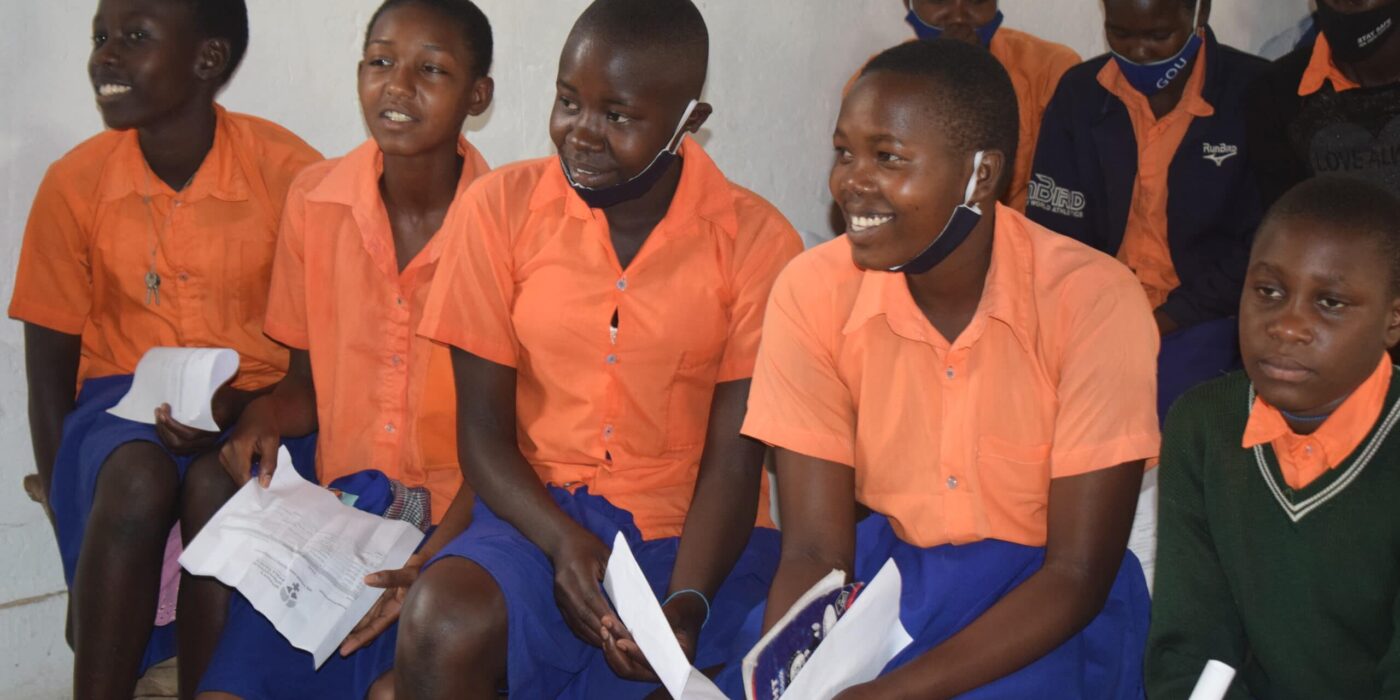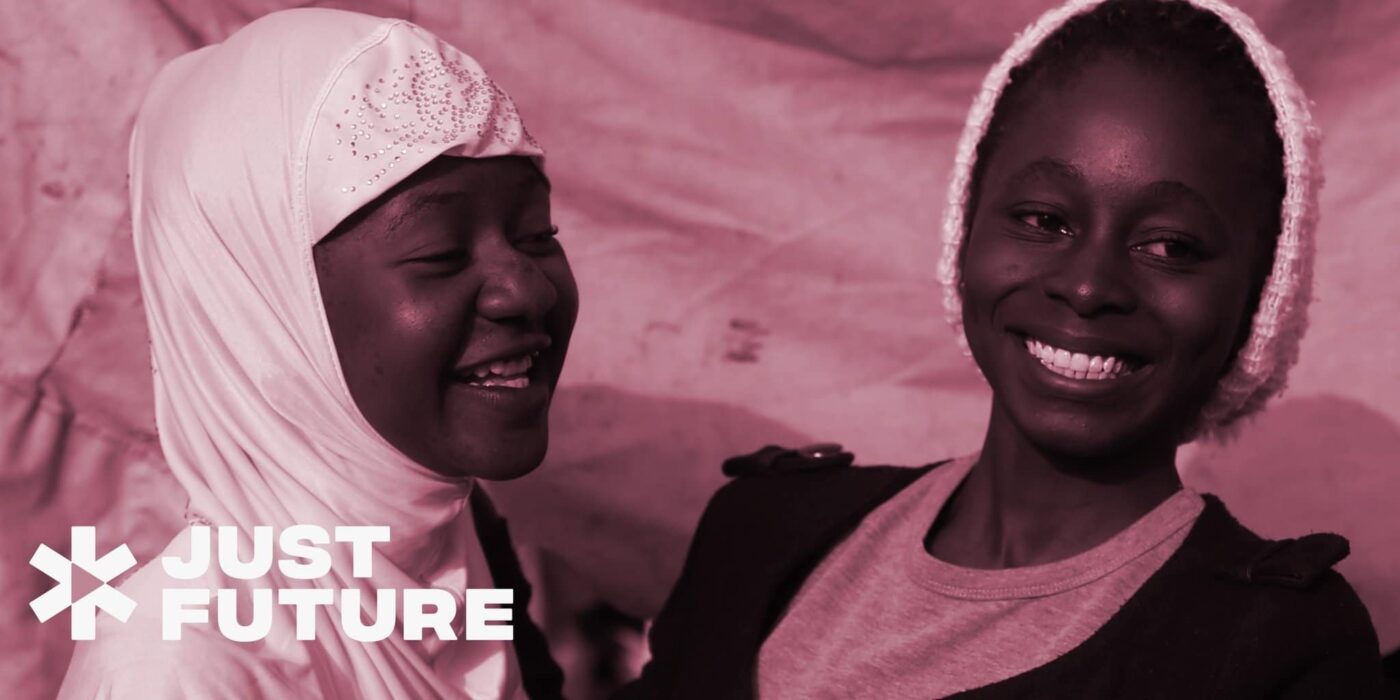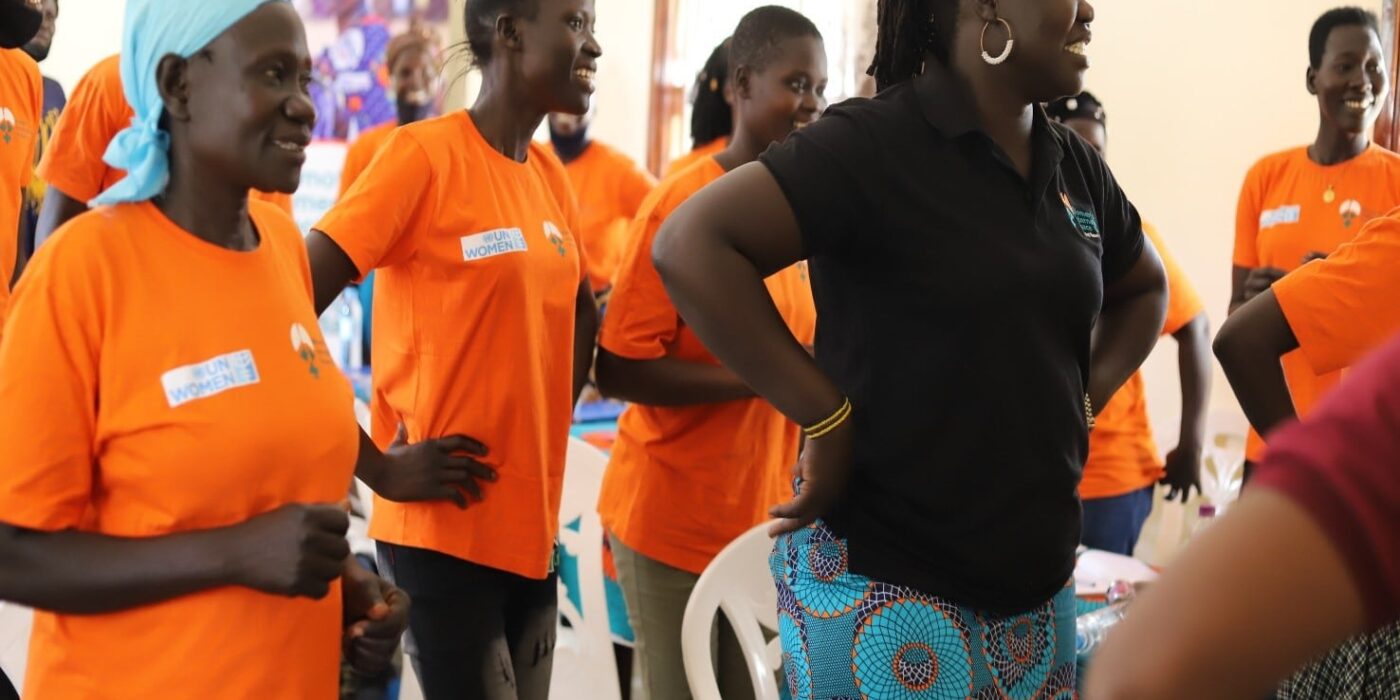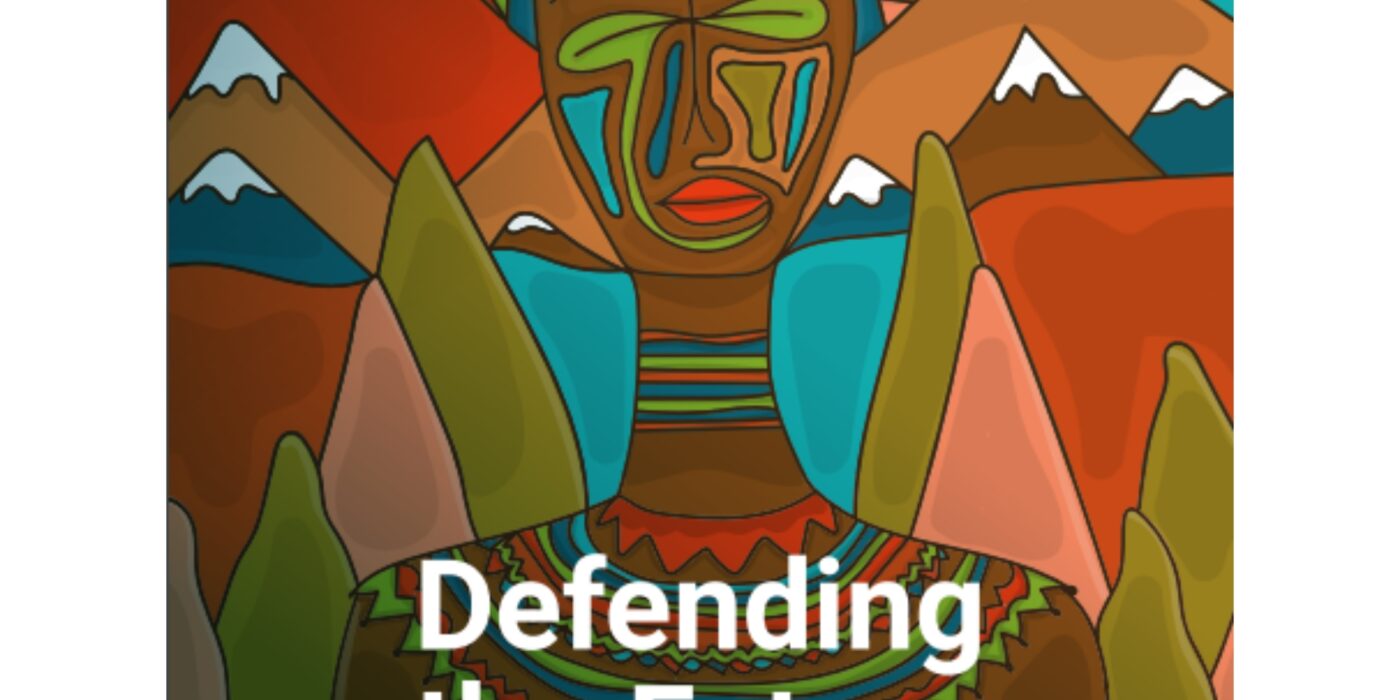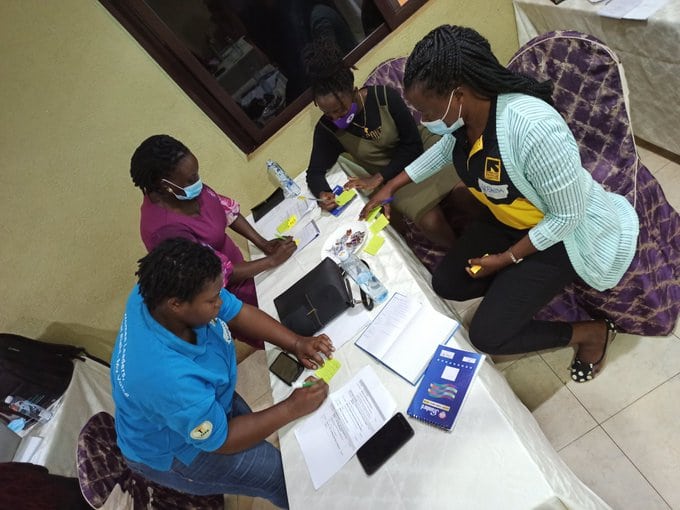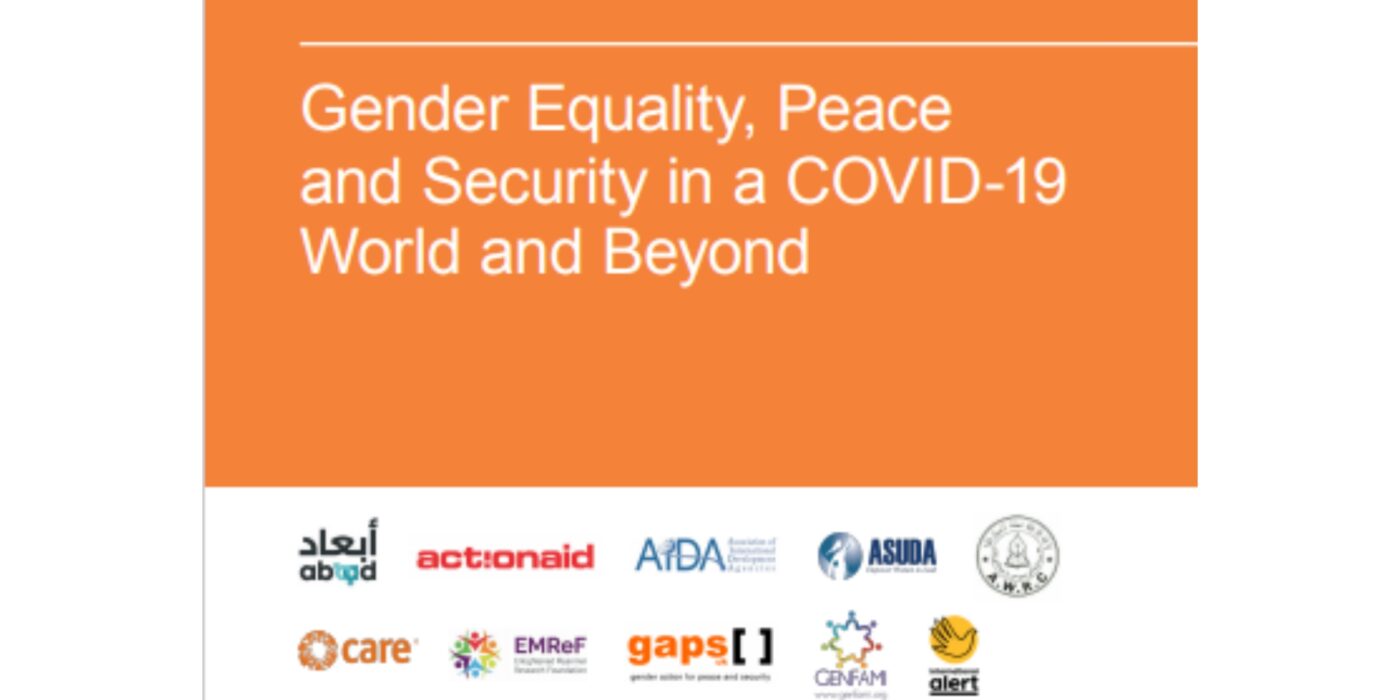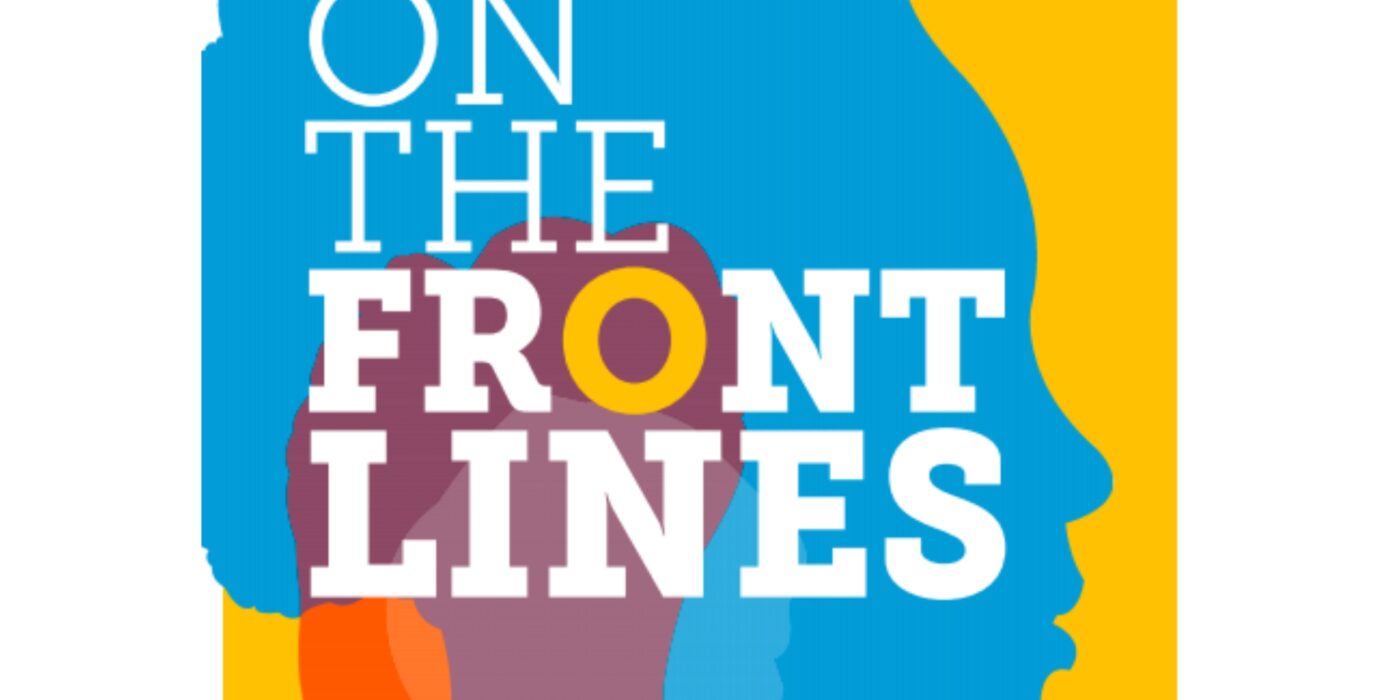Girl Power Camp Facilitating Dreams in Amuria District
On 18th February 2021, the Peace Centre convened a Girls Power Camp under the theme ‘My Body My Power’ targeting 178 Primary Seven (P.7) pupils from Orungo Primary School of which 34 girls and from Moruinera Primary School of which 47 were girls in Amuria district.
Through conversation circles, we emphasized self-exploration skills, critical thinking and self-awareness. This camp follows a series of conversations under the theme ‘My Body My Power’ with adolescent girls aged 9 to16 years from Ocakai Primary School, Ococia P/S, Otubet P/S Orungo P/S & Moruinera Primary School during which skills girls in leadership, understanding their bodies, discovering their dreams and setting goals
Since June 2018, Women’s International Peace Centre has organized camps for adolescent girls aged between 9 and 16 years from five schools . Building on previous engagement, the camp included a dialogue among the pupils looking at building adolescent’s competencies for the future and providing a platform to discuss the values of girls’ education in the society. The girls were trained in leadership, informed about their bodies, and sensitized on HIV&AIDS to reduce discrimination and stigma.
The Peace Centre also held a talk on conquering fear and confidence building. Under the theme “knowledge is power” young girls were guided on how to conquer fear and build confidence using the word of God by Rev. Canon Lawrence Onyait. This was followed by a session on career development covering: Areas of interest for the girls. The talk also discussed prioritized life values which included courage beyond primary level and self-management during vacation to avoid joining bad groups and early/child pregnancy, forced marriage. This camp aimed to enable learners, take actions that will shape their career path. The P.7 candidates and staff of Orungo primary school appreciated the Peace Centre for their timely intervention of confidence building and career development as they approached PLE.

